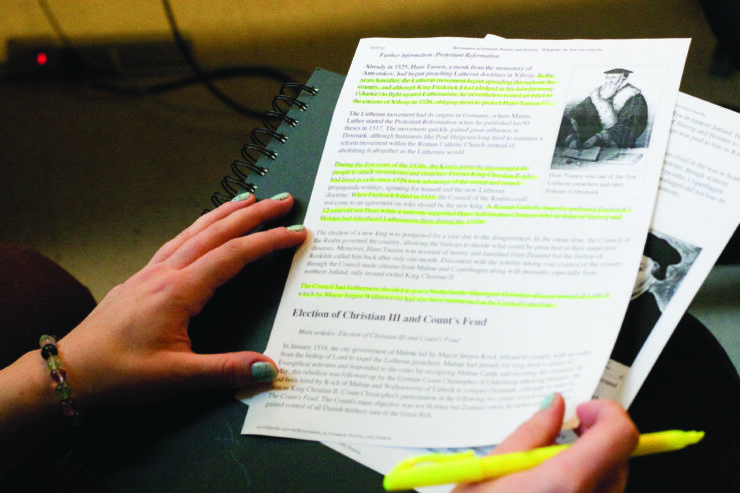Two Canadians wrongfully linked to Innocence of Muslims
OTTAWA—AFTER BEING WRONGFULLY linked to an anti-Muslim film that prompted riots and protests across the Muslim world, two Canadian citizens say they fear for their lives.
The two men, Nader Fawzy and Jacques Attalla, are among a number of Coptic Christians accused by the Egyptian government of being tied to the film, titled Innocence of Muslims. Fawzy and Attalla said they had never heard of the movie until violent protests erupted across the Middle East last week.
Despite their claims, both men have been issued arrest warrants by Egypt’s prosecutor general for their alleged involvement in the film’s production, distribution, and promotion. The men believe the accusations are aimed at silencing activists who have spoken against the persecution of Coptic Christians in Egypt.
Neither man intends to return their homeland of Egypt, where they could both theoretically face the death penalty if prosecuted. However, they fear the warrants could make them targets of Muslim extremists, to whom senior clerics have offered a reward for killing those connected to the film.
Foreign Affairs Minister John Baird’s spokesman said that Ottawa will be working on the issue privately with Egypt.
—Justin Dallaire
South Korean navy fires shots towards North Korean fishing vessels
SEOUL—ON FRIDAY, SEPT. 21, the South Korean navy fired multiple shots in the direction of North Korean fishing vessels, which crossed a controversial boundary line between the two countries in the Yellow Sea. An official for North Korea stated the fishing vessels retreated and were not hit. The South Korean navy reported that the shots were meant in warning.
This is not the first time a border dispute between the two countries has resulted in violence. After the Korean War ended in a truce 60 years ago, the United Nations Command divided the Yellow Sea without consent from the two countries. In 2010, a North Korean shelling off Yeonpyeong Island killed four South Koreans, and a South Korean warship was the target of an explosion that killed 46 sailors that same year, for which North Korea has denied responsibility.
—Keeton Wilcock
CLASSE not satisfied by tuition hike cancellation
MONTREAL—THE STUDENT STRIKES that have overrun Quebec for the past year may not be over just yet. The Coalition large de l’Association pour une Solidarité Syndicale Étudiante (CLASSE), the largest student union in Quebec, say they will not stop until they see free tuition for the students of Quebec.
While the other main student unions in Quebec, the Fédération étudiante collégiale du Québec (FECQ) and the Fédération étudiante universitaire du Québec (FEUQ), have said that the cancellation of a planned tuition increase has negated their need to protest, CLASSE says that their fight is just beginning.
Premier Pauline Marois, upon taking office earlier this month, struck down the tuition fee increase that was proposed by the former Liberal government under Jean Charest. The province of Quebec currently pays the lowest tuition in Canada.
—Andrew Ikeman
Supreme Court of Canada supports Vancouver prostitution challenge
VANCOUVER—IN A UNANIMOUS ruling, the Supreme Court of Canada struck down a federal government appeal against the Downtown Eastside Sex Workers United Against Violence Society (DESWUAV) and Sheryl Kiselbach, who used to work in the sex trade. The court’s decision gives the Vancouver-based group of sex trade workers the go-ahead to challenge the country’s prostitution laws. The federal government was seeking to halt challenges to national prostitution legislation.
The DESWUAV is arguing that sex trade workers’ constitutional rights of equality, freedom of association, and freedom of expression are being violated under current prostitution laws. Katrina Pacey, a lawyer from the Pivot Legal Society, which represented the Vancouver sex workers, stated that their ultimate goal is for prostitution to be decriminalized in Canada.
Although prostitution is currently legal in Canada, many of the acts surrounding it (keeping bawdy houses, communicating for the purposes of prostitution, and living off of prostitution) are illegal. The Vancouver group’s challenge may gain legitimacy from a similar case in Ontario, where the Ontario Appeal Court recently struck down a ban on brothels in the province. The federal government is currently appealing that ruling to the Supreme Court of Canada.
—Keeton Wilcock





